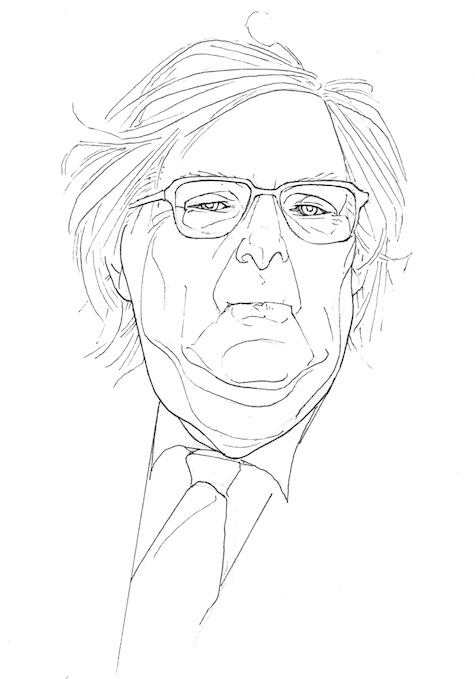Today would have been Ray Bradbury’s 95th birthday, and there are many, many stories you can tell about Bradbury’s life and career: Fahrenheit 451 was written in nine days, and cost the young author $9.80 in typewriter rental fees; Truman Capote got “The Homecoming ” published in Mademoiselle after it was rejected by Weird Tales; it took several years of working with editors at Knopf to find his voice; Ray Harryhausen was the best man at his wedding, and the two were lifelong friends.
All of these make for a colorful life, but I really want to talk about Ray Bradbury: the best writing teacher you could ever have.
Over the course of his career he wrote more than 30 books and over 600 short stories and poems. He hosted the Ray Bradbury Anthology on TV, starting each episode in a cluttered library and talking about how many of the objects in the library sparked stories.
The point with Bradbury was that ideas could come from anywhere—they were inexhaustible, and so, it seems, was the man. He wrote essay after essay on the art of writing, encouraged younger writers, and spoke at conferences, always extolling the controversial idea that writing shouldn’t actually feel like work. (I would say that it was this because of this buoyancy that his work blurred the lines between “genre” and “literary”—he simply didn’t care about the differences, and wrote what he wanted to read.) This enthusiasm runs counter to the usual portrait of writers that are supposed to drink too much, agonize over every word, and torture themselves until they produce the Great American Novel. The rejection of this myth is what ultimately makes Ray Bradbury such a great teacher, and such a great counterexample to the cliche of writing life in America. It also probably kept him out of The Paris Review: his initial interview was rejected by George Plimpton for being “too enthusiastic.”
His own education laid the foundation for a teaching style fueled by curiosity. Since his family didn’t have money for college, Bradbury educated himself by going to the library. As he said in a 2010 interview at San Diego Comic-Con:
When I left high school, I had all my plans to go to college, but I had no money. And I decided then, the best thing for me to do is not worry about getting money to go to college—I will educate myself. I walked down the street, I walked into a library, I would go to the library three days a week for ten years and I would educate myself. It’s all free, that’s the great thing about libraries! Most of you can afford to go to college, but if you wanna educate yourself completely, go to the library and educate yourself. When I was 28 years old, I graduated from Library.
Searching for “mirrors” in books made him omnivorous, and allowed him to see connections and draw on a well of stories that ranged from pop culture to high literature. He urged people to go back and read the classic works from the 19th century: Dahl, Matheson, Irving, Melville, Poe, and Hawthorne. Although he was published in The New Yorker a few weeks before his death, he said that reading their usual slice-of-life fiction put him to sleep, because it lacked the metaphorical weight of more fantastic fiction. He described himself as a “collector of metaphors” and told his students to “stuff themselves” with stories from all of the fields. Finally, he believed that writing was not a serious business, but rather “a joy and a celebration” and it showed in all of his work.
Here is the hilarious and extremely useful Evening with Ray Bradbury. It’s wonderful to watch as a fan, but it’s nigh-indispensable for anyone who wants to write.
This article was originally published August 22nd, 2014.










